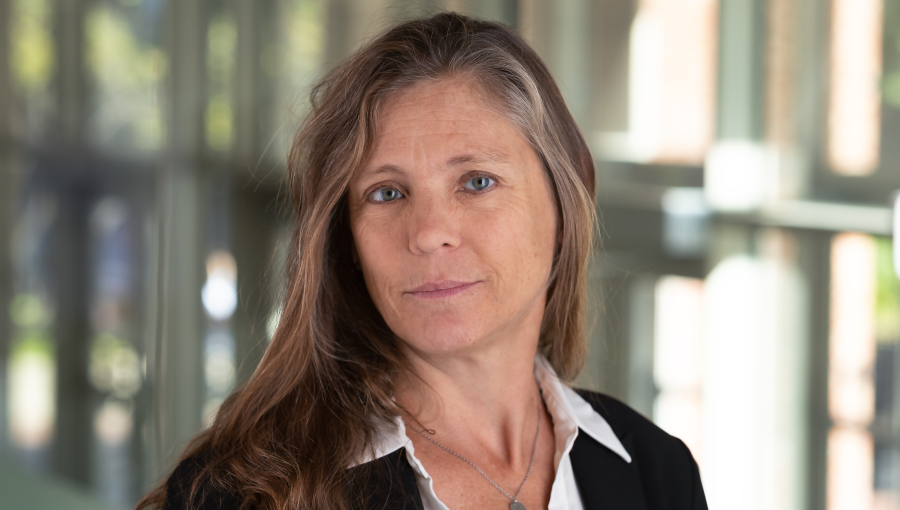History Rhymes: Kunihiko Miyake’s Entanglement Theory of the New World Disorder
On September 25, JCU welcomed Professor Kunihiko Miyake for a lecture entitled “Everything, Everywhere, All at Once: The Entanglement Theory of the New World Disorder and How to Survive it.” Miyake is President of the Foreign Policy Institute, a private think-tank in Tokyo, Research Director for foreign and National Security Affairs at Canon Institute for Global Studies and a Visiting Professor at Ritsumeikan University. One of Japan’s leading foreign policy experts, Miyake reflected on the rise of China in global affairs, the United States’ response to it, and Japan’s position towards both countries. Having served under previous Japanese Prime Ministers, Miyake has been influential in promoting the Free and Open Indo-Pacific (FOIP) regional security strategy, which has been embraced by various governments in the region.

The event was co-organized by the Japanese Embassy to the Holy See, and Ambassador Akira Chiba introduced Kuni Miyake to the audience. JCU’s new MA program in International Affairs and the Guarini Institute for Public Affairs also co-sponsored the event.
In his talk, Miyake read history in patterns of rhyme and cycles of great power expansion and contraction. He drew parallels between the rise of China in the 2020s and that of Japan in the 1930s. Economic and political growth, he argued, led to arrogance and aggressive expansionism masked by security concerns, all of which would eventually lead to the outbreak of WWII. China, he pleaded, should learn from Japan’s past mistakes, and manage its growth in less provocative ways.
Finally, Miyake commented on the conflict in Ukraine from Japan’s perspective. Putin’s decision to invade it, he argued, was an act that almost no political scientist saw coming. Miyake argued that it was an unwise decision, and reflected the tragedy of authoritarian politics, namely that there is little institutional possibility to correct course under authoritarian leaders, since mechanisms for critical feedback are too few and too weak. China and other rising authoritarian regimes are also likely to make mistakes in the future, including unwise decisions that are difficult to change, just like Japan did in the 1930s. So, what to do? For Japan and its allies, especially the United States, he argued, it is a question of better managing deterrence in the region through their military and security alliances.
A Q&A session and discussion ensued between students, Kuni Miyake and the many Rome-based diplomats present for the event. Afterwards a special reception was offered by the Japanese Embassy to the Holy See.





